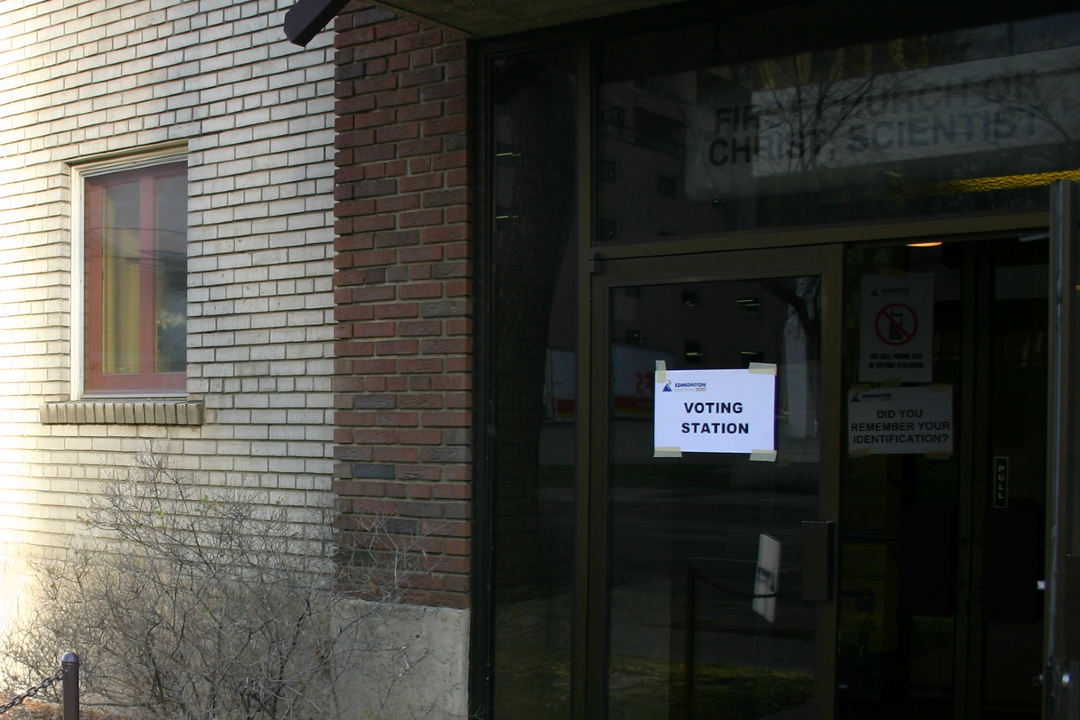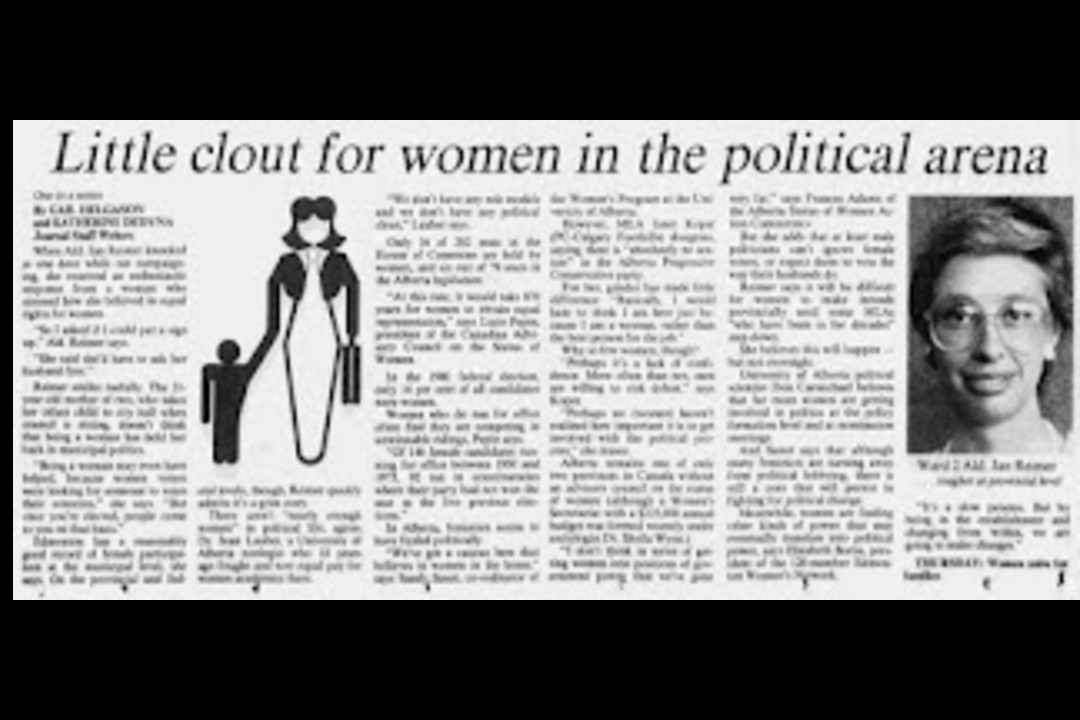
Analysis: How changes to vote counting will affect municipalities across the Edmonton region in 2025
By
 Colin Gallant
and
Colin Gallant
and  Stephanie Swensrude
Stephanie Swensrude
On June 23, Alberta ditched electronic counting machines and conducted a manual vote count for three by-elections for the legislature, and did so in a standard amount of time. The next test of the step away from electronic tabulators and towards hand counts in Alberta will be on Oct. 20, when 14 municipalities in the Edmonton region will elect mayors and councils.
Last October, the United Conservative Party government passed Bill 20, which banned the use of automatic tabulation machines (in use in parts of the region since the 1960s). Municipalities and their representatives have said this change will lead to increased costs and longer waits for results to be finalized.
Edmonton Mayor Amarjeet Sohi told Postmedia that he thinks the new rules stem from "conspiracy theories and the wishes of a small minority," and that electronic tabulation are "safer, more secure, and more reliable." Over in St. Albert, Mayor Cathy Heron (who will not seek re-election this year) said the bill shows "a lack of respect for voters," and that a manual vote count will cause a tax increase. Alberta Municipalities, a non-profit that represents 264 municipalities in Alberta, shared myriad concerns about the many effects of Bill 20.
Taproot reached out to Beaumont, Devon, Fort Saskatchewan, Gibbons, Leduc, Leduc County, Morinville, Parkland Country, Spruce Grove, St. Albert, Strathcona County, Stony Plain, and Sturgeon County to determine what the change will mean compared to the last election in 2021. We asked: How much did your municipal elections cost in 2021 compared to your projections for 2025? And how long did the unofficial vote count take in 2021 compared to your estimates for 2025? (Taproot reported on Edmonton's answers to these questions in May.)
What will the changes to vote tabulation mean across the region? For two municipalities, it's business as usual. Others, however, expect multi-day delays in providing unofficial results and costs increasing by up to 300% compared to 2021. Mitigating factors outside Bill 20 to keep in mind are that the 2021 election included a vote for who Alberta wants selected for the Senate, two referenda, and COVID-19 safety measures. This year's elections have none of those complications. Regardless, Taproot found that most elections across the region will take longer and cost more in 2025.




